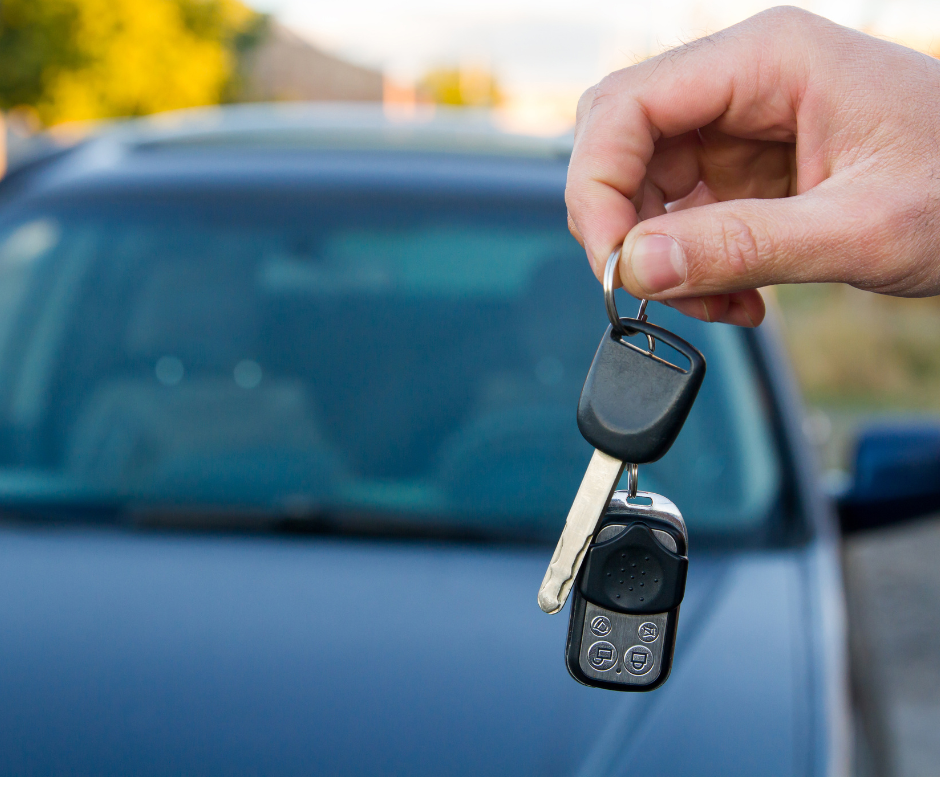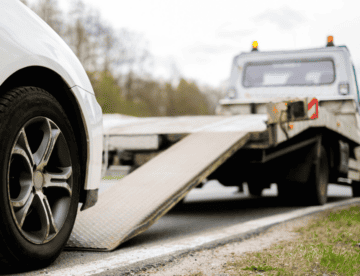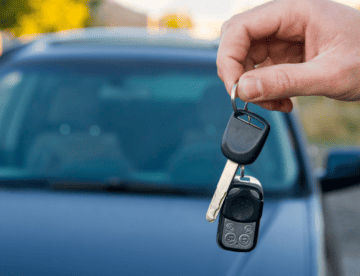
Can I File for Bankruptcy and Keep My Car?
If you’re facing financial hardship, you may be anxious to know whether you will be able to keep your car if you file for bankruptcy. For many people, their car is their lifeline, and keeping it is a top concern during the bankruptcy process. Fortunately, the bankruptcy system is set up to allow debtors to keep their car — as long as they meet certain criteria.
Keeping Your Car in Bankruptcy: Automatic Stays
When you file a Chapter 7 or Chapter 13 bankruptcy, an Automatic Stay goes into place. The Automatic Stay will prohibit creditors from collecting money and repossessing property. It will also stop other creditor actions like wage garnishment, foreclosure, or collection calls. The Automatic Stay should prevent a creditor from trying to repossess your vehicle.
Keeping Your Car in Bankruptcy: Asset Exemption
When you file a bankruptcy petition, you are proclaiming that you have debts that you’re unable to pay. Bankruptcy law helps wipe your slate clean of debt – but there are some possessions that are not protected in bankruptcy. These are called non-exempt assets and include property with equity that exceeds the available bankruptcy exemption. Examples include luxury items such as expensive jewelry, valuable artwork or collections, vacation homes, or recreational vehicles. In a Chapter 7 bankruptcy, non-exempt items may need to be surrendered to a Trustee who may sell the property to pay your creditors. When it comes time to address which assets you need to keep and which ones you cannot afford.
Alternatively, exempt assets are typically protected under bankruptcy law. These are assets with equity that does not exceed the available bankruptcy exemption. Georgia law includes a $5,000 motor vehicle exemption, for instance. This exemption applies to the vehicle’s equity, not to its sales price or fair market value. Vehicle equity, also known as retail replacement value or actual cash value, is linked to the vehicle’s year, make, mileage, and condition.
If your vehicle’s equity amount is more than $5,000, you may be able to use Georgia’s wildcard exemption to cover the remaining equity. Georgia’s wildcard exemption is $1,200, which can be used on any property you own, except your home. You could also apply any unused portion of your homestead exemption (up to $10,000). If the vehicle in question is owned by the debtor and one other non-filing person, the debtor will only be responsible for ½ the equity of the vehicle.
Keeping Your Car in Bankruptcy: Chapter 7 and Chapter 13 Bankruptcies
Debtors who file for a Chapter 7 bankruptcy will likely be able to keep their car. If you own the vehicle outright, be sure that the vehicle’s equity falls within Georgia’s asset exemptions. If you have a vehicle loan, you may be asked to sign a Reaffirmation Agreement — declaring your intent to keep your car in bankruptcy and continue your financial obligations to the car creditor.
For those who file a Chapter 13 bankruptcy, you can roll up all your debts and delinquent payments (including car payments) into a consolidated monthly payment. These payments usually last five years. If the debtor has equity in their vehicle, they may be required to pay unsecured creditors an amount equal to that unprotected equity.
Have Additional Questions? Call Burrow & Associates’ Bankruptcy Attorneys
Every year, millions of Americans face tough financial circumstances. Filing for bankruptcy can give you a fresh financial start. If you have questions about the bankruptcy process or would like to schedule a consultation, please reach out to us today at (678) 323-2394 or our online contact page. Burrow & Associates will file your bankruptcy case for no money down.









